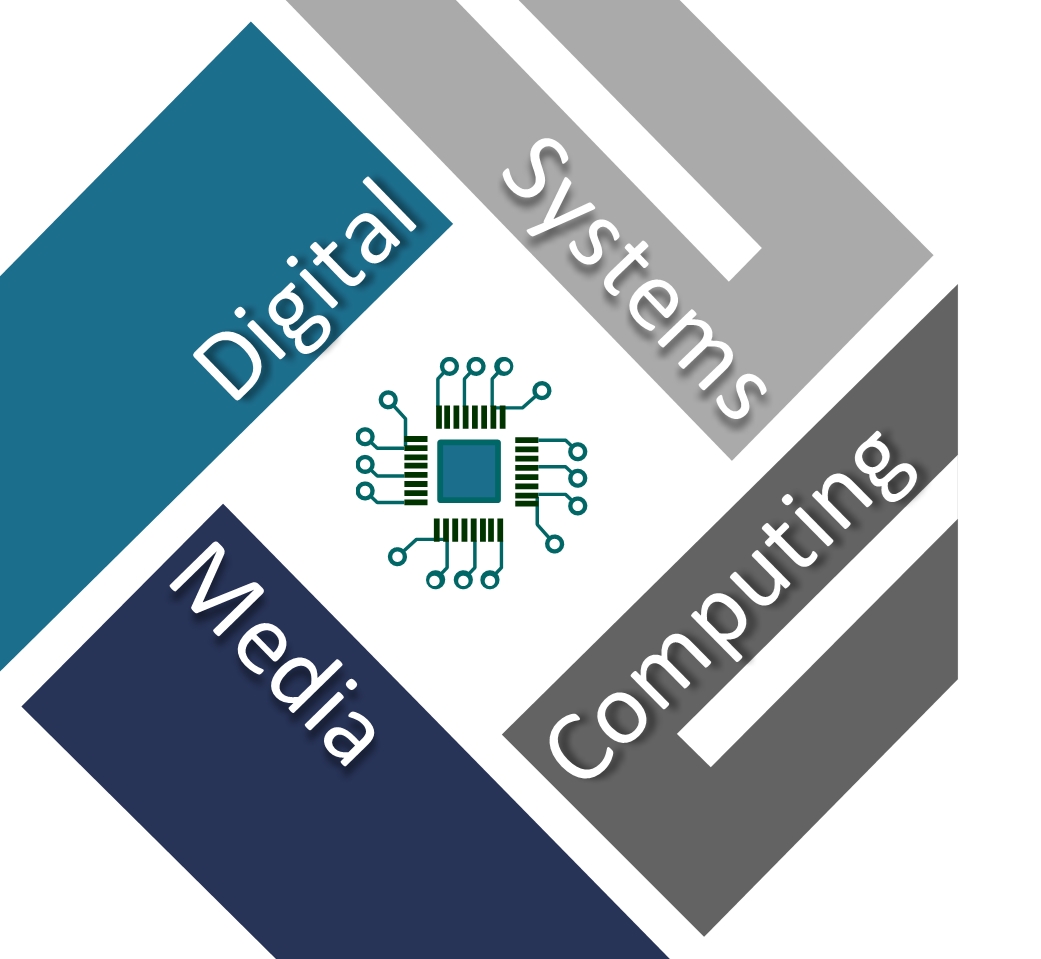DSMC Version 2 prototyping and educational platform rollout
DSMC delivered and tested the 2nd version of its prototyping and educational platform based on the Intel (ex. Altera) + ARM Cortex M3 development platform. The prototyping and educational platform is designed to facilitate students’ hands-on practice on digital system design, FPGA design, microcontroller programming and embedded system design and it is tailored to the requirements of distance learning. The platform hardware design, assembly and software development was completed in-house by Anastasios Fanariotis, DSMC research associate and HOU MSc student as part of his MSc project.
The platform is based on an in-house design of a two-layer development board with both on-board resources and breakout connector facilities to allow easy experimentation and execution of both educational as well as research projects.
 Prototype board PCB design Prototype board PCB design |
The development board is designed as a dual layered PCB with all components placed on the first layer in order o minimize assembly cost. It is equipped with a Intel/Altera Cyclon IV FPGA and a ARM Cortex-M3 MCU microcontroller that features a dual function able to serve both as a PC bridge for FPGA program downloading via a USB connection, as well as a target processor for embedded program development. The board also holds Flash EEPROM for permanent FPGA programming, on-chip crystals, power circuit and 24 LEDs connected to FPGS I/Os as well as 2×40-pin breakout connectors providing access to FPGA I/O pins for system design and experimentation. The board is Arduino pin compatible so that in future versions the Arduino IDE can be used for microcontroller programing.
Leave a reply →
